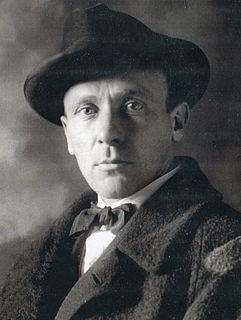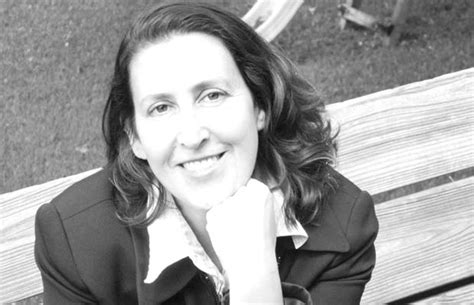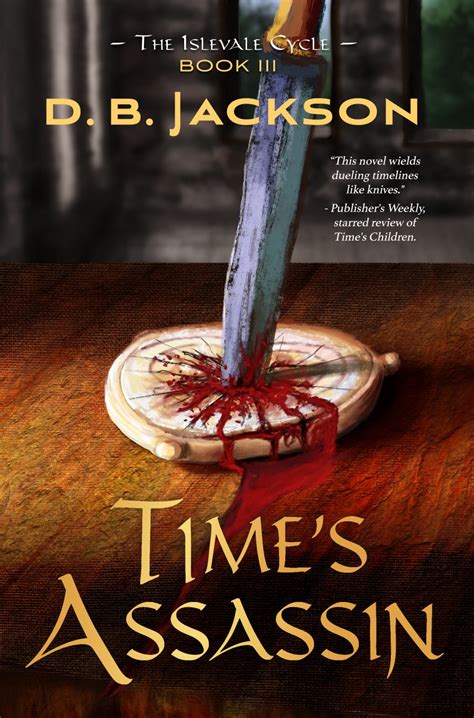A Quote by Marcel Proust
To write that essential book, a great writer does not need to invent it but merely to translate it, since it already exists in each one of us. The duty and task of a writer are those of translator.
Related Quotes
Pour e crire ce livre essentiel, le seul livre vrai, un grand e crivain n'a pas, dans le sens courant, a' l'inventer puisqu'il existe de j a' en chacun de nous, mais a' le traduire. To write the essential book, the only true book, a great writerdoesnot needto invent becausethebook already exists inside each one of us and merely needs translation.
The translator has to be a good writer. The translator has to hear music too. And it might not be exactly your music because the translator needs to translate the music. And so, that is what you are hoping for: a translator who gets what you are doing but who also gets all the ways in which it won't work in the new language.
Think of a book special to you, and how much bleaker and poorer your life would be if that one writer had not existed - if that one writer had not, a hundred times or a thousand, made the choice to write. You're going to be that one writer one day for somebody you may never meet. Nobody can write that book you're going to write - that book that will light up and change up a life - but you.
You write differently in each book. It may appear to be similar to readers, but you're a different writer in each book because you haven't approached that subject before. And every subject brings out a different prose strain in you. Fundamentally, yes, you're contained as one writer. But you have various voices. Like a good actor.
To struggle against censorship, whatever its nature, and whatever the power under which it exists, is my duty as a writer, as are calls for freedom of the press. I am a passionate supporter of that freedom, and I consider that if any writer were to imagine that he could prove he didn't need that freedom, then he would be like a fish affirming in public that it didn't need water.
Often, you have to fail as a writer before you write that bestselling novel or ground-breaking memoir. If you're failing as a writer - which it definitely feels like when you're struggling to write regularly or can't seem to earn a living as a freelance writer - maybe you need to take a long-term perspective.
I say "on principle" [regarding 'lesbian writer'] because whenever you get one of your minority labels applied, like "Irish Writer," "Canadian Writer," "Woman Writer," "Lesbian Writer" - any of those categories - you always slightly wince because you're afraid that people will think that means you're only going to write about Canada or Ireland, you know.
I'm not the most talented writer in the world. I know that. But I also know that I'm disciplined, that I work my butt off, and that I make myself write as much as I can. Writer's block is a luxury I can't afford. I'm a professional writer, which means that I put my butt in the chair each day, and I write. Simple as that.





































